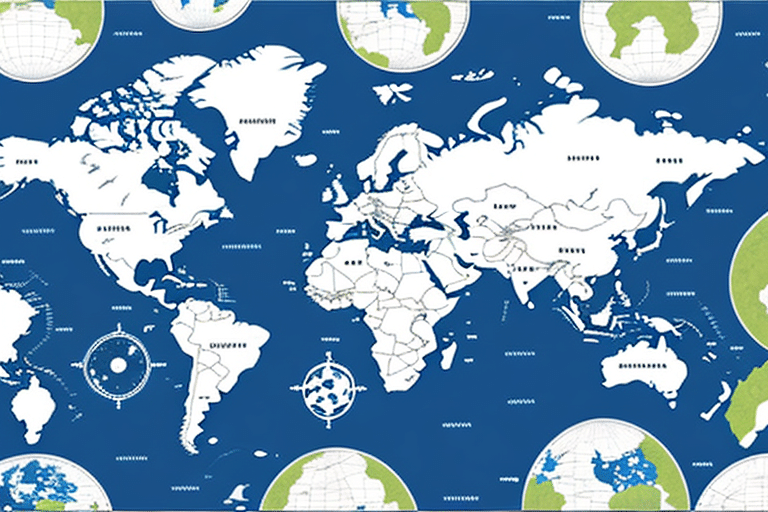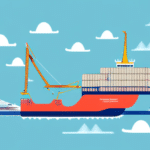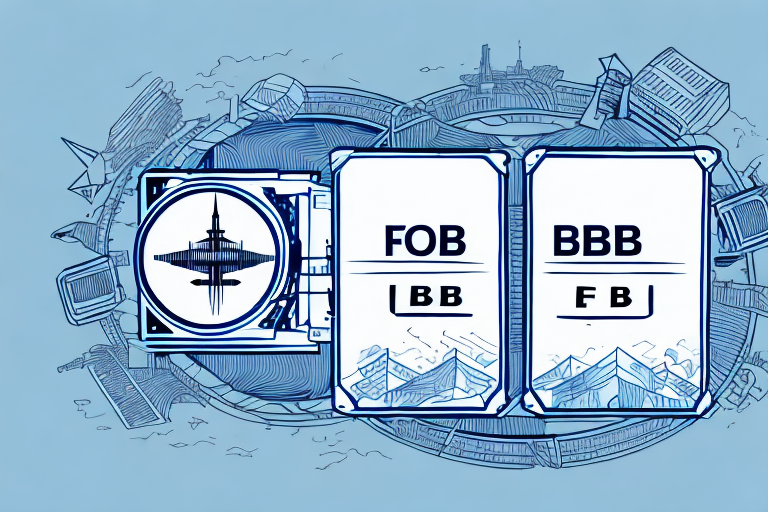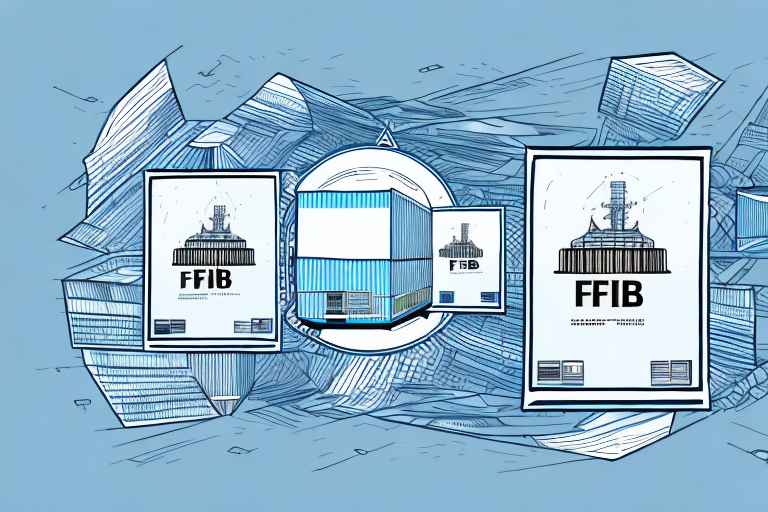Understanding the Place of Shipment in FOB Transactions
In the realm of international trade, comprehending the intricacies of shipment terms is paramount. One such pivotal term is FOB (Free on Board), which delineates the responsibilities and liabilities of both buyers and sellers during the transportation of goods via sea or inland waterways. This article delves into the nuances of FOB transactions, emphasizing the significance of the place of shipment.
What is FOB and How Does It Work?
FOB, or Free on Board, is a widely recognized Incoterm that specifies the point at which ownership and risk of goods transfer from the seller to the buyer. Under FOB terms:
- Seller's Responsibilities: The seller must deliver the goods to the designated port, manage all costs associated with loading the goods onto the vessel, and handle export customs clearance.
- Buyer's Responsibilities: Once the goods are loaded, the buyer assumes responsibility for freight charges, insurance, and any costs incurred from the port of shipment to the final destination.
FOB terms are favored for their flexibility, allowing parties to tailor contracts based on specific logistical and financial requirements.
Key Components of FOB Terms
- Port of Shipment: The agreed-upon location where the seller delivers the goods onto the vessel.
- Loading Expenses: Costs borne by the seller for handling and loading the goods.
- Risk Transfer: The point at which the risk shifts from seller to buyer, typically once goods are on board the vessel.
The Importance of Understanding Shipment Terms in International Trade
Grasping shipment terms like FOB is critical to mitigating risks and ensuring seamless transactions. Misunderstandings can lead to:
- Shipping delays
- Financial losses
- Legal disputes
Choosing the appropriate shipment term influences delivery timelines, freight rates, and insurance obligations. For instance, while FOB assigns loading costs to the seller, CIF (Cost, Insurance, and Freight) includes these expenses under the seller's purview but also covers insurance, providing additional security for the buyer.
According to the International Chamber of Commerce, Incoterms like FOB have evolved to address the complexities of global trade, emphasizing the need for clear contractual definitions.
The Role of the Place of Shipment in FOB Transactions
The designated place of shipment is a cornerstone in FOB contracts, determining the exact location where the seller's obligations conclude and the buyer's commence. Key considerations include:
- Specific Port or Terminal: Clearly identifying the port helps avoid logistical ambiguities.
- Transportation Arrangements: Responsibility for transport up to the port lies with the seller.
- Risk Management: Ensuring the place of shipment aligns with both parties' risk tolerance levels.
Failure to clearly define the place of shipment can result in disputes over responsibilities and potential financial liabilities.
Types of FOB Shipments and Their Implications
FOB transactions can vary based on the specifics of the agreement. Common types include:
- FOB Origin: Transfer of ownership and risk at the point of origin, placing more responsibility on the buyer for transportation.
- FOB Destination: Risk transfers upon arrival at the buyer's location, providing more security for the buyer.
- FOB Vessel: Specific to scenarios where delivery is made directly onto the vessel, emphasizing the seller's responsibilities in loading.
- FOB Stowed: Pertains to goods that are secured on board, ensuring stability during transit.
Each type delineates distinct responsibilities, impacting cost distribution and risk management between parties.
How to Choose the Right Place of Shipment for Your FOB Transaction
Selecting an optimal place of shipment is crucial for the efficiency and safety of goods. Factors to consider include:
- Port Infrastructure: Adequate facilities ensure smooth loading and unloading processes.
- Shipping Routes: Proximity to major shipping lanes can reduce transit times and costs.
- Logistical Support: Availability of reliable transportation and handling services.
- Regulatory Environment: Compliance with international shipping standards and local regulations.
- Security: Ensuring the port operates in a safe and stable region to minimize risks of theft or damage.
Engaging with experienced freight forwarders or logistics consultants can provide invaluable insights into selecting the most advantageous place of shipment.
Legal Considerations in Determining the Place of Shipment in FOB Contracts
Legal frameworks governing international trade can significantly impact FOB transactions. Key legal considerations include:
- Jurisdiction: Understanding which country's laws apply can influence dispute resolution mechanisms.
- Contract Clarity: Precise definitions prevent misinterpretations that could lead to legal disputes.
- Liability Clauses: Clearly outlining responsibilities for loss or damage is essential for risk mitigation.
Consulting with legal professionals specialized in international trade law ensures that FOB contracts are compliant and protective of both parties' interests.
Tips for Negotiating the Place of Shipment in FOB Contracts
Effective negotiation of the place of shipment can enhance the success of FOB transactions. Consider the following strategies:
- Comprehensive Research: Investigate potential ports for reliability, cost-effectiveness, and logistical efficiency.
- Professional Consultation: Leverage expertise from freight forwarders or shipping agents to inform decisions.
- Mutual Agreement: Strive for terms that address both parties' needs, fostering a collaborative relationship.
- Detailed Contract Terms: Include specifics on loading procedures, delivery timelines, and liability clauses to prevent ambiguities.
- Flexibility: Be prepared to adjust terms to accommodate unforeseen challenges while safeguarding core interests.
Common Challenges in Determining the Place of Shipment in FOB Transactions
Despite its widespread use, FOB agreements can encounter several challenges related to the place of shipment:
- Disputes Over Procedures: Conflicts may arise regarding loading and unloading responsibilities.
- Logistical Delays: Inadequate port facilities or transportation issues can cause shipment delays.
- Cost Overruns: Unexpected expenses related to transportation or port services can strain budgets.
- Legal Misinterpretations: Ambiguous contract language can lead to differing interpretations and disputes.
Proactive measures, such as clear contractual terms and engaging with experienced logistics partners, can help mitigate these challenges.
Best Practices for Managing the Place of Shipment in FOB Contracts
Adhering to best practices ensures the smooth execution of FOB transactions. Recommended practices include:
- Clear Contractual Definitions: Specify all aspects related to the place of shipment to avoid confusion.
- Thorough Port Assessment: Evaluate ports based on infrastructure, security, and logistical support before selection.
- Engage Experts: Utilize the knowledge of freight forwarders and legal advisors to navigate complexities.
- Effective Communication: Maintain open lines of communication with all stakeholders to address issues promptly.
- Comprehensive Documentation: Keep detailed records of all shipment-related documents, including bills of lading and commercial invoices.
Implementing these best practices fosters transparent and efficient FOB transactions, minimizing risks and enhancing operational success.
Conclusion
Understanding the place of shipment in FOB transactions is fundamental for parties engaged in international trade. By clearly defining shipment terms, selecting appropriate ports, and adhering to best practices, businesses can ensure the smooth and effective transportation of goods. Leveraging expert insights and staying informed about legal and logistical aspects further fortifies the success of FOB agreements in the dynamic landscape of global commerce.






















